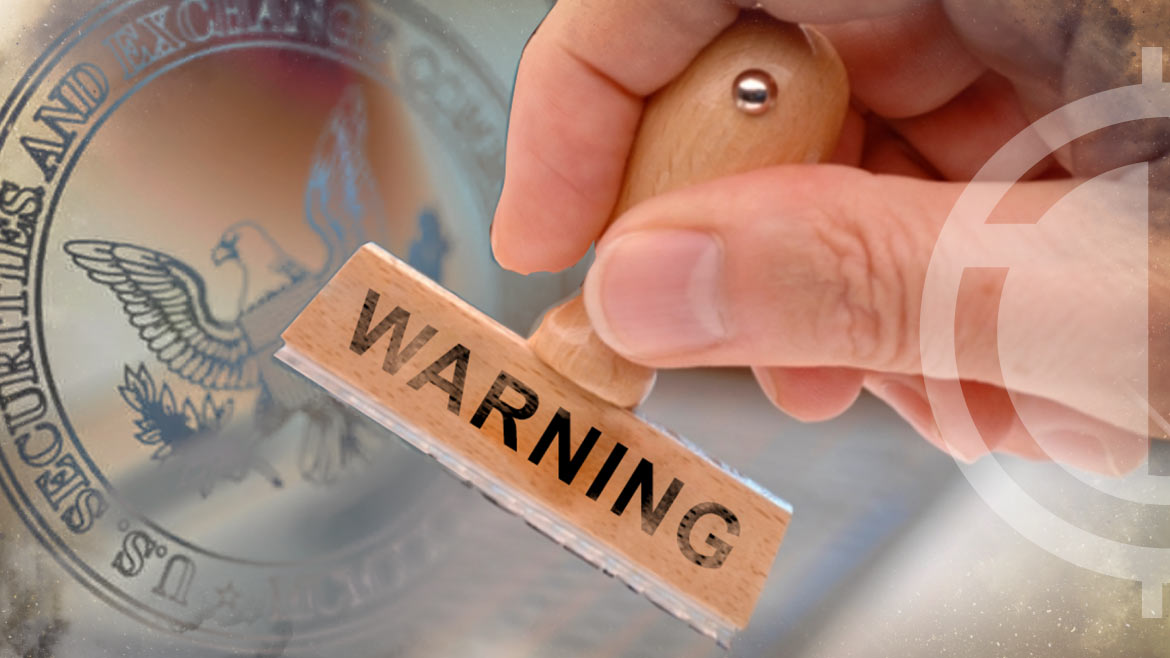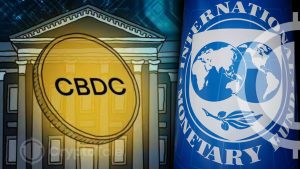
The recent warning by the U.S. Security and Exchange Commission (SEC) against the BUSD stablecoin could have significant implications for other dollar-pegged tokens, according to experts in the cryptocurrency industry.
The action taken by the SEC against Binance USD, the third-largest stablecoin with over $16 billion in circulation, may establish guidance over which behaviors using stablecoins may get investigated in the future.
The Securities and Exchange Commission (SEC) has in the past voiced concern over the disclosures given by stablecoin issuers as well as the possible instability of the tokens during times of stress.
Gary Gensler, the chairman of the Securities and Exchange Commission (SEC), has said that he perceives some stablecoins to be securities, which would need registration and further regulatory scrutiny.
The issuers of stablecoins have claimed that the tokens should not be considered securities since they follow other assets, such as gold or the United States dollar, in a manner that is analogous to that of an exchange-traded fund.
The specific features of tokens like Binance USD, which offers holders certain advantages on its platform, including zero transaction fees when swapping Binance USD for certain other tokens, could be central to the SEC’s thinking that the product is a security.
The SEC has not confirmed whether it is investigating other stablecoins. Stablecoin issuers have been compared to banks by regulators, and they have been urged to be subjected to the same stringent oversight as banks by the same authorities.
In spite of the fact that legislators have not yet passed any legislation controlling stablecoins, senior members of the United States House of Representatives made significant headway on a draft that would subject stablecoin issuers to some prudential banking rules last year.














